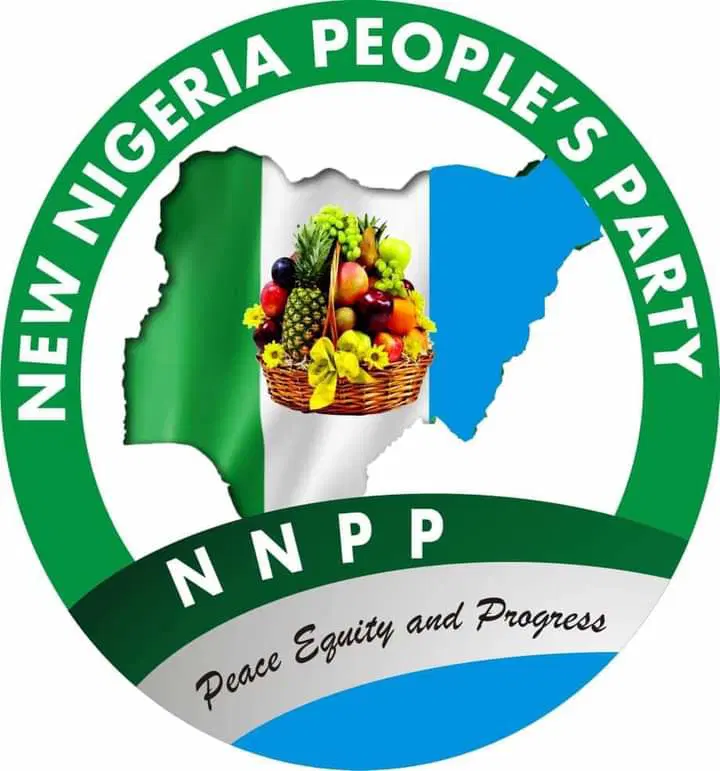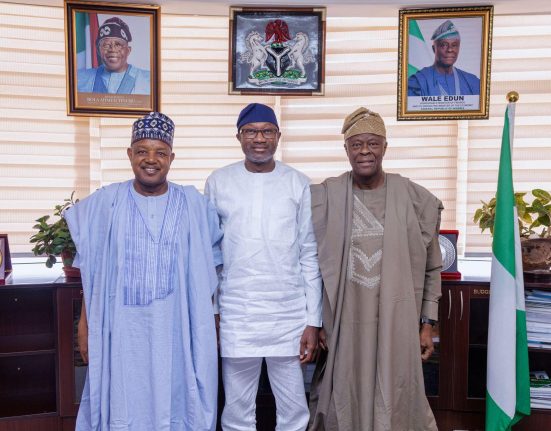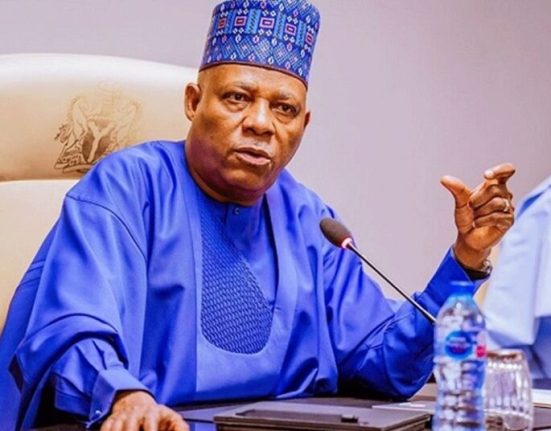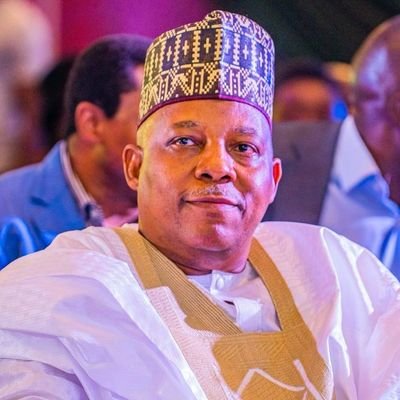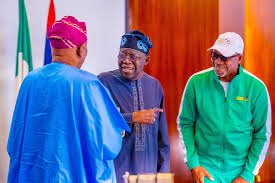The New Nigeria Peoples Party (NNPP) has strongly criticized President Bola Tinubu’s decision to impose a state of emergency in Rivers State, describing it as unconstitutional and politically motivated.
President Tinubu had on Tuesday declared a state of emergency in Rivers following the ongoing political crisis in the state. As part of the directive, he suspended Governor Siminalayi Fubara, Deputy Governor Ngozi Odu, and members of the state assembly for six months. Former Chief of Naval Staff, Vice-Admiral Ibok-Ete Ibas (retd.), was appointed to oversee the state’s administration.
Reacting to the development, NNPP spokesperson Ladipo Johnson, in a statement on Wednesday, denounced Tinubu’s decision as an unnecessary overreach, arguing that the crisis had not reached the level that warranted such drastic measures.
“The invocation of Section 305 of the 1999 Constitution in this instance is both arbitrary and alarming,” the statement read. “This action sets a dangerous precedent, raising concerns about political interference and the erosion of democratic principles.”
The party questioned the urgency behind the declaration, stating that Tinubu’s move undermined the rule of law.
“Why rush to declare a state of emergency when the legal conditions required have not been met? The president’s actions contradict the very principles of governance and democracy he claims to uphold,” Johnson stated.
NNPP further suggested that the decision could be politically motivated, possibly linked to the ruling party’s interests ahead of the 2027 elections.
“These developments raise serious questions: Was the president properly advised? Could he not have played a more neutral and conciliatory role as a leader? Or is this simply about gaining political control over Rivers State?”
The party urged President Tinubu to reconsider his decision and reinstate Governor Fubara, calling on the National Assembly to reject the emergency rule in the interest of democracy and national stability.

